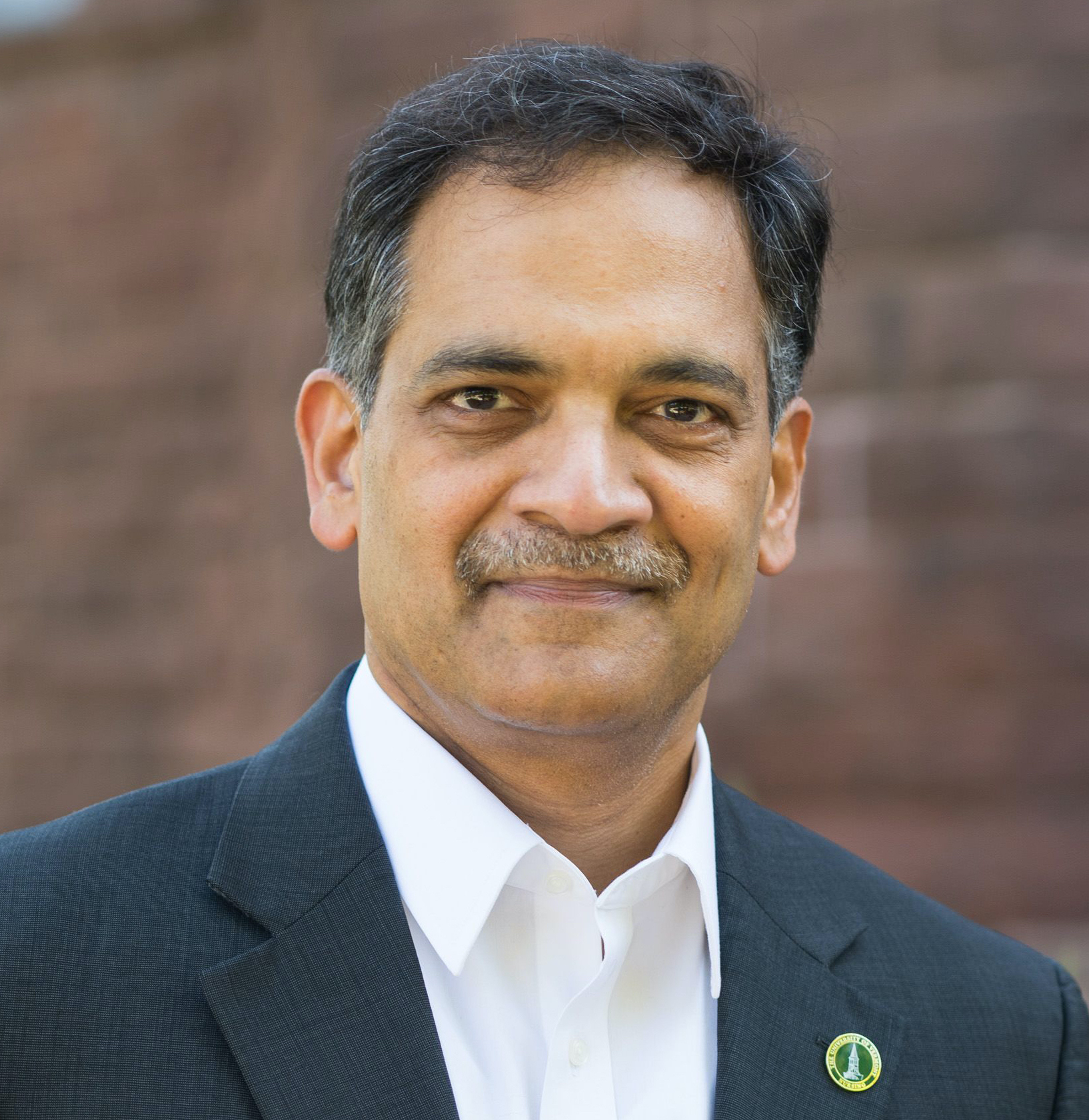Colleges are awash in tough financial news these days, and the University of Vermont has hardly been immune from COVID-19-induced financial pressures. This fiscal year, we expect to spend $40 million or more on COVID-19 mitigation strategies, from reconfiguring 250 classrooms to purchasing 450,000 face masks to testing all on- and off-campus students every week, including prior to their arrival on campus, a strategy that has enabled us to have one of the lowest infection rates in the country.

And while our enrollment has not been severely impacted, as it has at some institutions, we saw a decline in out-of-state students in the fall and expect further erosion in the spring. All told, we are projecting $23.3 million in lost tuition revenue this year.
Given the significant financial challenges the pandemic has created, it might seem like a strange time for the university to shake up its endowment portfolio by adopting a new investment philosophy.
Yet that’s exactly what we have done.
We recently announced that the university would fully divest from fossil fuels, and do so far more quickly and comprehensively than most that have gone down this path. We immediately ended direct investments, will fully divest from public investments by July 2023 and will allow pre-existing multiyear private investments, which we stopped acquiring in 2017, to lapse without renewal. And we’ve accelerated an engagement campaign with managers of our commingled funds, asking that they factor the financial risks of climate change into their investment decision-making process and share their framework for doing so with UVM.
Why this aggressive stance on fossil fuel investments, which aren’t the blue-chip mainstay they once were but still offer a measure of stability, in the middle of a financial crisis?
The university’s reasoning, which our board found persuasive, was straightforward. We must divest because this is who we are. We could not let the COVID-19 crisis divert attention away from the values that define our identity.
Sustainability is in our nature. The University of Vermont was the first in the country to offer a cross-college environmental studies degree, in the 1970s. In the decade that followed, our faculty were among the first to document the devasting impact of acid rain and are today at the forefront of climate change research. We were charter members of the American College & University Presidents’ Climate Commitment—now the Carbon Commitment—a high-visibility effort to address global climate disruption by committing to neutralize campus greenhouse gas emissions. And for decades we’ve been one of the country’s top-ranked green schools.
Given this track record, it became clear that we needed to confront the existential threat posed by the pandemic by doubling down on our core value proposition and declaring it to the world.
The university’s 2020 strategic plan, Amplifying Our Impact, clarified our thinking on fossil fuel divestment. It identified two key themes our research and teaching could advance: building healthy societies (the university has a top-rated medical school, an affiliated teaching hospital and university-wide expertise in human health) and creating a healthy environment.
With that strategic emphasis, we knew UVM could no longer invest in an energy source that is clearly accelerating climate change and its many unhealthy effects.
Changes in the world around us also contributed. When divestment was first proposed at UVM, climate change was a clear and present danger, but it didn’t have the overwhelming saliency it has today, after innumerable superstorms, annual rampant wildfires, regular glacier calvings and stretches of 120-degree weather in Sunbelt cities have brought the truth of warming inexorably home to many citizens.
It helped that fossil fuels aren’t the sure-fire investment they once were. Though trustees at many colleges and universities view maintaining fossil fuel investments as a bedrock part of their duty as fiduciaries (institutions that have divested have grown in number but still represent less than 1% of all American colleges and universities), we viewed things differently, relying on several recent studies showing that divestment has little impact on a university’s endowment.
But the future is unknowable, and we made the decision knowing full well the financial uncertainties.
Ultimately, we did what we had to do—given the state of the climate, UVM’s historic role in protecting the environment and promoting healthy societies, and the importance of putting a stake in the ground by proclaiming our values to the world.
If the beleaguered higher ed sector is to survive the economic crisis the pandemic has laid at our front doors, other institutions must make similar principled decisions, even if they have financial impacts. Taking a stand and voicing your values in a way that establishes your identity, no matter how challenging the fiscal climate, may be the only way to ensure long-term financial viability.
Suresh V. Garimella is president of the University of Vermont and a member of the National Science Board.
[click_to_tweet tweet=”‘We did what we had to do—given the state of the climate, UVM’s historic role in protecting the environment and promoting healthy societies, & the importance of putting a stake in the ground by proclaiming our values to the world.’ —U of Vt president” quote=”‘We did what we had to do—given the state of the climate, UVM’s historic role in protecting the environment and promoting healthy societies, and the importance of putting a stake in the ground by proclaiming our values to the world.’ —U of Vt president”]






